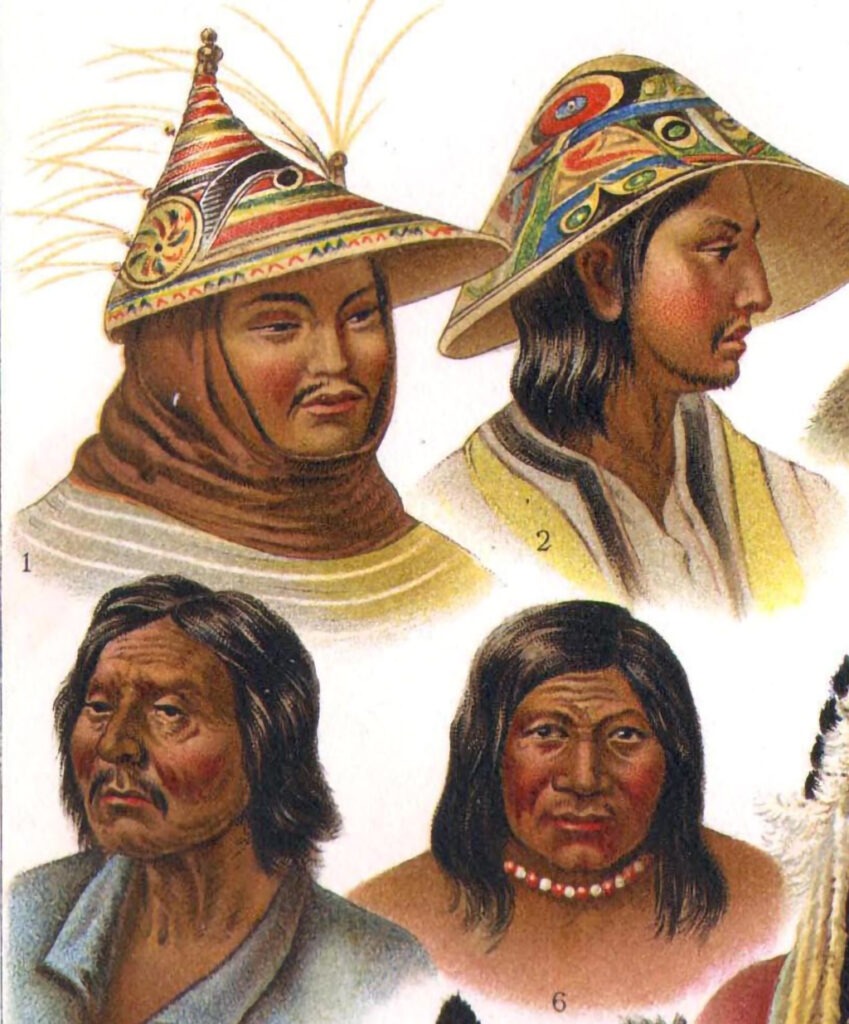
Native Americans: Indians But Different People, Just Like the Hmong
Understanding the Difference Between Nationality and Ethnicity
Explore the nuances of nationality and ethnicity with real-world examples like the Hmong and Native Americans. Discover how culture and location shape identity.

Understanding the Difference Between Nationality and Ethnicity
The concepts of nationality and ethnicity often overlap in conversations, leading to confusion. However, they have distinct meanings that shape our identities and experiences.
Nationality refers to the country you live in or have a legal relationship with. It’s tied to borders, citizenship, and political identity. For example, when Hmong individuals lived in Laos, they were referred to as Hmong-Laotian. Similarly, when they moved to the United States, they became Hmong-Americans. Nationality shifts with migration but remains connected to where you currently live or hold citizenship.
Ethnicity, on the other hand, is rooted in cultural background, heritage, and traditions. It represents your cultural identity and lineage. For instance, Hmong people share a rich culture and history that transcends national borders. Just as Native American tribes like the Cherokee and Iroquois share a collective identity as Indigenous peoples, their unique languages, customs, and beliefs define their distinct ethnicities.
Real-World Examples
Junior Joshua Thao, in a classroom discussion, explained this distinction using his own identity as an example. Despite living in different countries, Hmong customs, beliefs, and dialects differentiate individuals within the same ethnic group. For example, White Hmong and Green Hmong have distinct traditions and dialects, much like Native American tribes who share Indigenous status but lead diverse cultural lives.
This complexity extends to multicultural individuals, such as someone with German, Filipino, Irish, and Scottish ancestry. Their ethnicity reflects their unique cultural heritage, while their nationality depends on their legal residence or citizenship.
Key Takeaway
Nationality connects us to a specific nation, while ethnicity ties us to cultural heritage. Together, they form a multidimensional identity that shapes how we see ourselves and how others see us.
For more insights into cultural identity, check out related articles on our blog.
References and Further Reading
- Junior Discusses Nationality, Ethnicity | Thao describes differences, explains confusion | By Joshua Thao, | Writer | November 8, 2012 | Www.Thefeather.Com | Some of you may ask, “what’s the difference between the two?” Well, you could look at it more like the Native Americans who lived in America before the whites came over. They were all considered Indians but were different people. For instance, the Cherokees and the Iroquois Indians were both considered Indians but they lived different lives and cultures. Just like the Hmong, we are labeled the same but are different in our customs and beliefs.





Responses